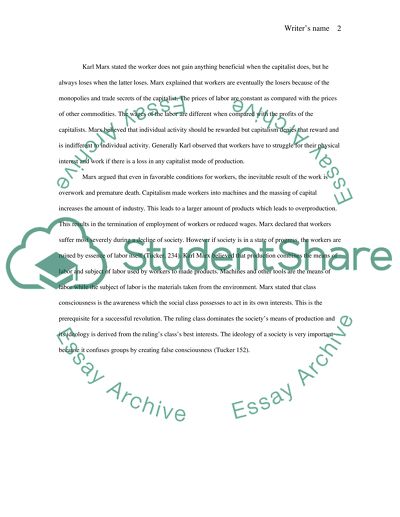Cite this document
(Marx and Weber's Theory of Modern Domination Essay, n.d.)
Marx and Weber's Theory of Modern Domination Essay. Retrieved from https://studentshare.org/social-science/1545237-compare-and-contrast-marx-and-webers-theory-of-mondern-domination
Marx and Weber's Theory of Modern Domination Essay. Retrieved from https://studentshare.org/social-science/1545237-compare-and-contrast-marx-and-webers-theory-of-mondern-domination
(Marx and Weber'S Theory of Modern Domination Essay)
Marx and Weber'S Theory of Modern Domination Essay. https://studentshare.org/social-science/1545237-compare-and-contrast-marx-and-webers-theory-of-mondern-domination.
Marx and Weber'S Theory of Modern Domination Essay. https://studentshare.org/social-science/1545237-compare-and-contrast-marx-and-webers-theory-of-mondern-domination.
“Marx and Weber'S Theory of Modern Domination Essay”. https://studentshare.org/social-science/1545237-compare-and-contrast-marx-and-webers-theory-of-mondern-domination.


